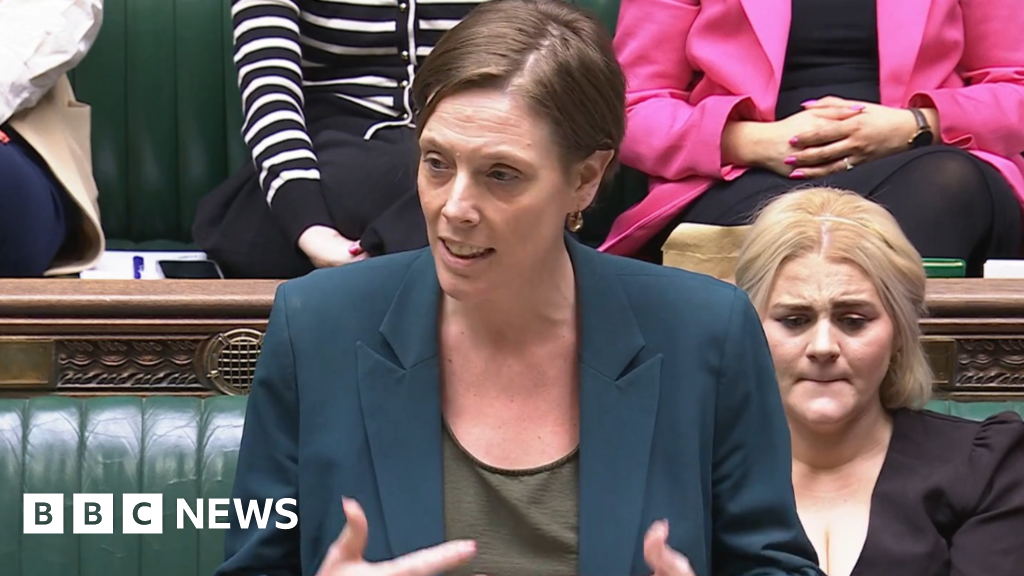ARTICLE AD BOX
This was Rachel Reeves’s first big moment as Chancellor of the Exchequer.
Less than four weeks after Labour's election victory, her statement was entitled Spending Inheritance and she delivered it from the despatch box.
She was eyeing her predecessor Jeremy Hunt, now sitting on the opposition benches, who was quietly seething throughout.
It represents her first big set of choices, as she tries to convince you, the voter, that her approach to managing the economy is better than what came before.
This was principally a political moment, an attempt by the new government to dollop blame on the Conservatives while serving up the first helping of difficult stuff to announce.
The cuts came today, the tax rises are expected in the Budget in October.
The stand-out announcements were on public sector pay: a hoped-for end to scratchy industrial relations, strikes by junior doctors and disruption for the public.
But it does come with a hefty price tag.
Planned changes to social care in England had been delayed by the Conservatives, and are now scrapped by Labour.
The collective failure to arrive at a long term solution to this huge issue for so many has now been renewed yet again.
The IFS called the decision not to proceed as "very disappointing given the long failure to address this issue".
And restricting the winter fuel allowance to just those who get pension credit or other means-tested benefits was a real surprise; there hadn’t been any public discussion of it in the run-up.
A government’s might is never greater than in its opening months, hence this frontloading of cancellations and cutbacks.
And the likelihood is this is only Act One of the difficult stuff.
When the Budget comes on 30 October tax rises for some - perhaps on capital gains, inheritance and pensions - look likely.
Rachel Reeves and Sir Keir Starmer will hope by the next general election four or five years away this will all seem a distant memory.
Let’s see.

 8 months ago
31
8 months ago
31








 English (US) ·
English (US) ·